A compass is defined as a device used to determine direction on the surface of the earth. The most familiar type of compass is the magnetic compass, which relies on the fact that a magnetic object tends to align itself with Earth’s magnetic field. Other types of compasses determine direction by using the position of the Sun or a star, or by relying on the fact that a rapidly spinning object (a gyroscope) tends to resist being turned away from the direction in which its axis is pointing.
The basic parts of a magnetic compass are the needle (a thin piece of magnetic metal), the dial (a circular card printed with directions), and the housing (which holds the other parts in place).
An important feature found on many compasses is automatic declination adjustment. Declination, also known as variance, is the difference between magnetic North (the direction to which the needle points) and true North. This difference exists because Earth’s magnetic field does not align exactly with its North and South poles.
Magnetic compasses may have now been made almost obsolete by GPS (global positioning systems), but their influence on early navigation and exploration was immeasurable.
Written records indicate that the Chinese were using magnetic compasses by 1100 A.D. , western Europeans and Arabs by 1200 A.D. , and Scandinavians by 1300 A.D. By the 14th century compasses had widely replaced astronomical means as the primary navigational instrument for seafarers. The compass provided explorers with a reliable method for traversing the world’s oceans, a breakthrough that ignited the ‘age of discovery’ and won Europe the wealth and power that later fuelled the Industrial Revolution. More importantly, the compass brought interaction, both peaceful and otherwise, between previously isolated world cultures. The world became a little smaller!
Hope you have a good month
All the best
Mike
Quotations:
“If you’re not failing every now and again, it’s a sign you’re not doing anything very innovative.” – Woody Allen
“I want to know God’s thoughts… the rest are details.” – Albert Einstein
ps If you have enjoyed this blog please feel free to pass on to other

